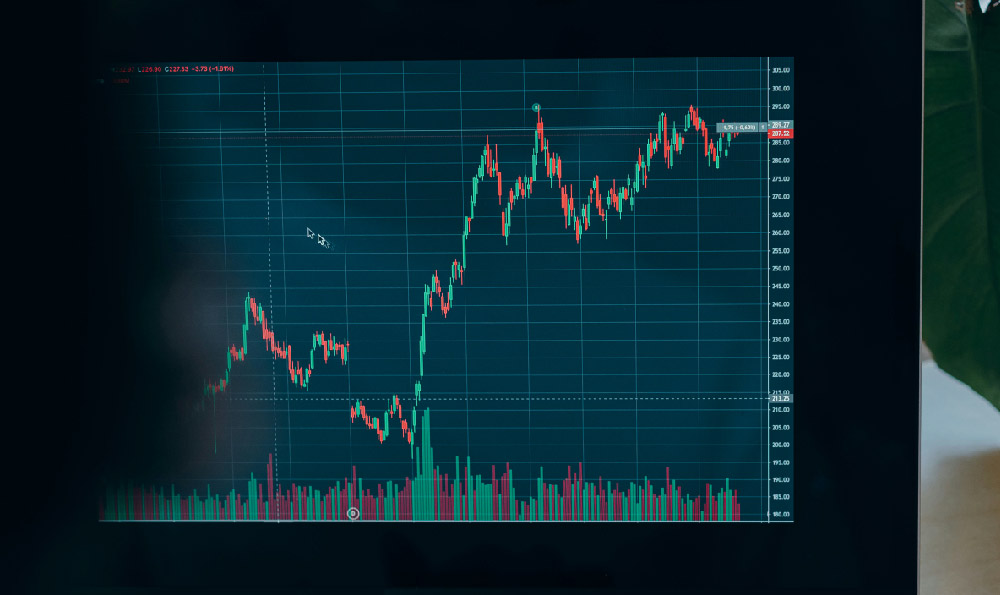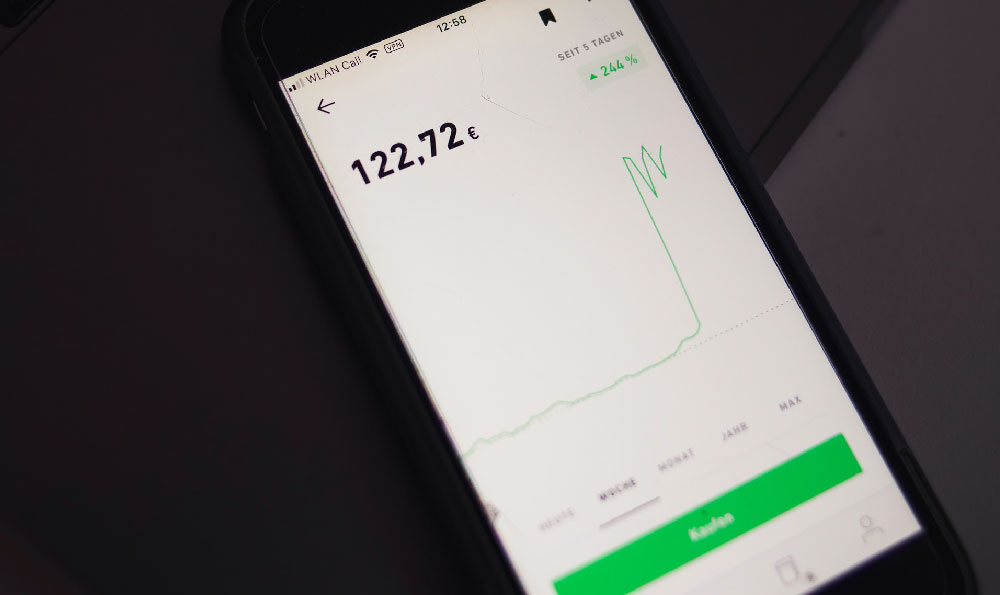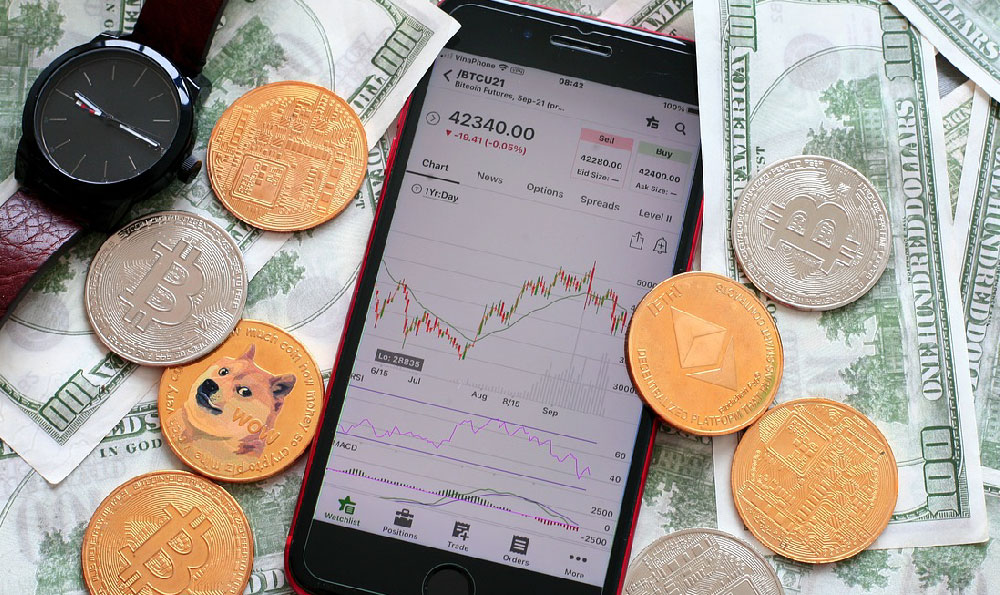Turning Tweets into Treasure: How Can You Monetize Twitter, and Is It Even Possible?
The allure of converting fleeting thoughts and 280-character pronouncements into tangible income is a siren song that many Twitter users have heard. While the platform might not be the most straightforward avenue for direct monetization compared to, say, YouTube or Instagram, the answer to whether you can turn tweets into treasure is a qualified "yes." The path, however, is paved with strategy, patience, and a keen understanding of your audience and the broader digital landscape.
The feasibility of monetizing Twitter hinges on a few core factors, primary among them being audience size and engagement. A handful of followers isn't going to cut it. You need a substantial, active, and, crucially, targeted audience. These are people who are genuinely interested in what you have to say, what you represent, and, potentially, what you're selling. Building this audience takes time and consistent effort. Think less about shouting into the void and more about fostering a community. High-quality content is paramount. That means offering valuable insights, engaging in meaningful conversations, providing entertainment, or all of the above. Simply retweeting other people's thoughts or posting generic pronouncements isn't going to cut it. You need to bring something unique to the table.
Once you've cultivated an audience, several avenues for monetization begin to open up. Perhaps the most direct, and arguably the most accessible, is affiliate marketing. By partnering with relevant brands or companies, you can promote their products or services within your tweets using unique affiliate links. When your followers click on these links and make a purchase, you earn a commission. The key here is relevance and transparency. Don't promote products that are completely unrelated to your niche or that you don't genuinely believe in. Disclose your affiliate relationships clearly to maintain trust with your audience. Authenticity is vital. People are more likely to buy from someone they trust and perceive as genuine. Overly aggressive or deceptive affiliate marketing can quickly erode your credibility and send your followers scattering.

Another avenue is selling your own products or services. If you're a writer, artist, consultant, or offer any other type of service, Twitter can be a powerful platform for promoting your offerings. Use your tweets to showcase your expertise, share valuable content related to your field, and engage with potential clients. You can then direct them to your website or landing page where they can learn more about your services and make a purchase. This approach requires a more strategic approach to content creation. Think about crafting content that addresses common pain points in your target audience, providing solutions and demonstrating your capabilities.
Furthermore, sponsored tweets, or influencer marketing, represents a significant opportunity, particularly for those with large and engaged followings. Brands are increasingly willing to pay influencers to promote their products or services to their audiences. The compensation can range from a few dollars per tweet to thousands, depending on the size of your following and the engagement rate. Landing sponsored tweet opportunities requires active outreach and a well-defined personal brand. Be prepared to showcase your follower demographics, engagement metrics, and previous successful campaigns to potential sponsors. You need to demonstrate that partnering with you will provide a tangible return on their investment. It is also imperative to maintain transparency with your audience when you are posting a sponsored tweet.
Beyond direct monetization methods, Twitter can also be leveraged as a powerful lead generation tool for other ventures. For example, if you have a blog or a YouTube channel, you can use Twitter to drive traffic to your content, which can then be monetized through advertising or other means. By consistently sharing valuable content on Twitter and engaging with your followers, you can build a loyal audience that is more likely to visit your other online properties and support your endeavors.
Subscription services are a newer but promising avenue for monetization. Twitter Blue offers a subscription model, allowing users to subscribe to creators for exclusive content. For those who consistently create high-value content, providing subscriber-only tweets or access to exclusive spaces can be a viable monetization strategy. This option often works best if you already have a very loyal fanbase who would happily pay for more access.
It's crucial to acknowledge the challenges. Twitter's algorithm can be fickle, making it difficult to reach your entire audience with every tweet. Competition for attention is fierce, and it can be tough to stand out from the crowd. Moreover, the platform's character limit can be restrictive, making it challenging to convey complex ideas or promote products effectively.
Furthermore, remember that monetizing Twitter is not a get-rich-quick scheme. It takes time, effort, and consistent dedication to build a following, develop a personal brand, and find viable monetization opportunities. Be prepared to experiment with different strategies, track your results, and adapt your approach as needed. It's also worth noting that relying solely on Twitter for income can be risky. It's always a good idea to diversify your income streams and explore other platforms and opportunities.
In conclusion, converting tweets into treasure is definitely possible, but it requires a strategic and persistent approach. By focusing on building a engaged audience, providing valuable content, exploring various monetization methods, and maintaining transparency and authenticity, you can increase your chances of turning your Twitter presence into a source of income. While it may not be easy, the potential rewards can be significant for those who are willing to put in the work. Treat your Twitter account like a small business and watch it grow.















